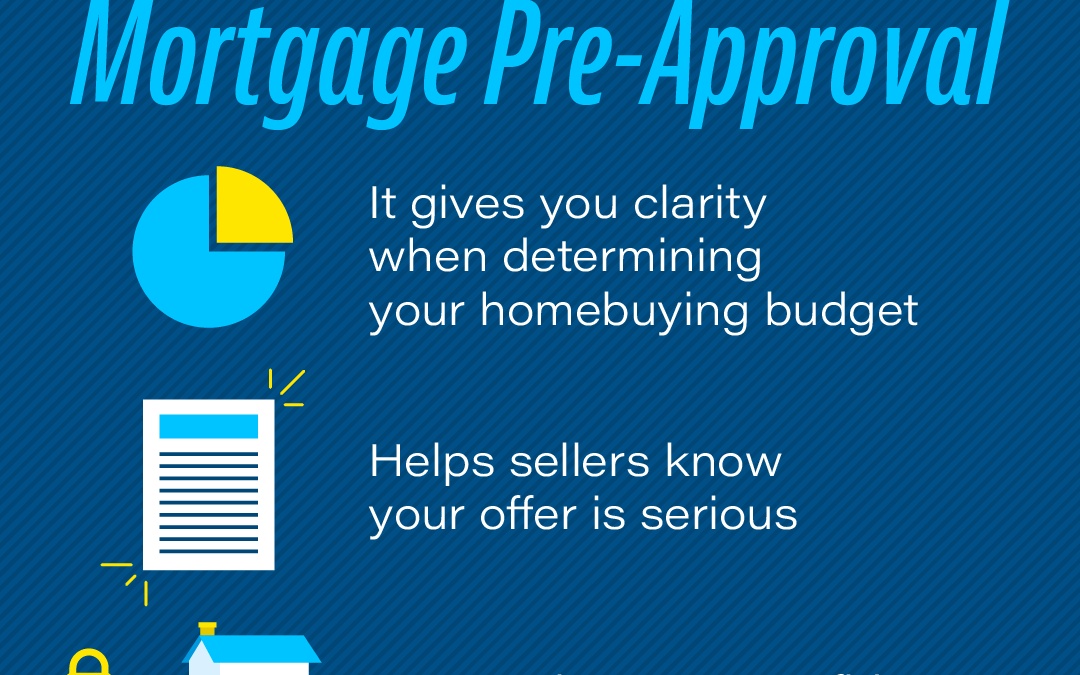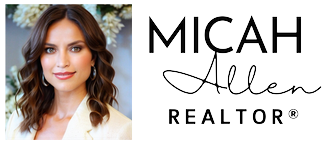
The Mortgage Pre-Approval Process
Most buyers decide to finance their home purchase – – a consultation with a reputable and preferably – local – mortgage lender is a crucial step in the process. Viewing homes without a pre-approval usually leads to disappointment. Buyers who are wise discuss their financial situation with a reputable lender and acquire a pre-approval. A pre-approval creates an opportunity for you to not just understand what you qualify for, but ultimately to decide what you can afford. Having a pre-approval greatly enhances your negotiating position – especially in a competitive market. Find out how much you want to carry in a monthly mortgage before we begin your home search. We will need this letter to attach to any offer you make on a home.
- Start the process early!!!
- A mortgage professional will check your credit report to determine whether you qualify for a loan.
- The mortgage pre-approval process will:
- help determine how much you will be able to afford
- what kind of loans are available
- what your closing costs will be
- if you are eligible for any closing cost assistance
- The typical down payment is 3-5%
- Gifts are allowed with some loans.
- Ask about first time home buyer programs.
Types of Loans
- Conventional
- Fixed rates and ARMs
- 5% minimum down payment
- 10% minimum down payment for condominiums
- VA – 100% financing for veterans with no mortgage insurance
- FHA – Government loan with 3.5% down payment. Gifts allowed
- ARM – Adjustable Rate Mortgage. Lower fixed rate for short period (3 ½ or 7 years)
- VHDA – Virginia Housing Development Authority has a variety of first time buyer loans with minimum down payment. Usually have income restrictions.
Closing Costs
Settlement costs will vary, depending on the financing arrangement and on selling price of the home. First-time homebuyers could receive help with closing costs. Typical closing costs paid by the buyer include:
- Lender Costs – Appraisal, administrative fee, Origination fee
- Attorney Fees – Includes fee to close and title insurance ($4 per $1000 of purchase price)
- Government Recording – Includes tax stamps for the deed and county and state charge$3.33 per $1000 for both deed and note
- Escrows – Usually 3 months of homeowners insurance and real estate taxes are put into an escrow account by the lender
| LOAN ORIGINATION FEE | 1 % of the loan amount. |
| DISCOUNT POINTS | Optional. May be paid to lower the mortgage interest rate. Rarely charged, only if the borrower pays points. |
| APPRAISAL FEE | $575.00 – $750.00 |
| CREDIT REPORT FEE | $50 |
| PREPAID MORTGAGE INTEREST | The interest prepaid by the purchaser for the period between the closing date and the end of the current month. |
| HAZARD (Homeowners) INSURANCE PREMIUM | Lenders require that the hazard insurance will be prepaid for one year that two additional months’ premium be held in escrow to cover the first two months of the following year. The first year’s premium is approximately .4% of the selling price. |
| CITY/COUNTY PROPERTY TAXES | A reimbursement to the seller for prepaid property taxes covering the period between the closing and the end of the tax period. Also need to collect 2-6 months for Escrow. |
| TITLE EXAM/CLOSING FEE | The attorney’s fee is generally $500.00 to $600.00. |
| TITLE INSURANCE | A one-time premium, approximately .4% of the
selling price. |
| PRIVATE MORTGAGE INSURANCE | Insurance required by lenders, paid for by purchasers, for loans with loan to value ratio greater than 80%.
Lender paid PMI is available with some programs. Ask your lender. |
| RECORDING FEES AND TAXES | These fees cover recording of the deed and the mortgage with the City or County and the State. They are approximately .4% of the selling price. |
| SURVEY | The fee for the survey, if required, will be in the range of $250.00 $350.00. The figure will be higher if acreage is involved. |
